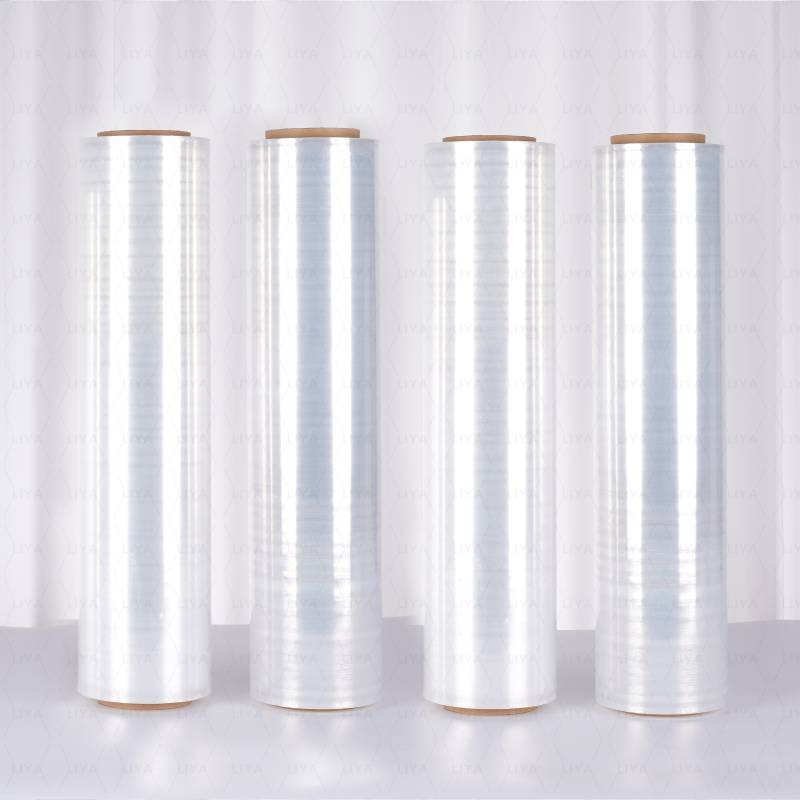compostable diaper bags
The Rise of Compostable Diaper Bags A Sustainable Solution for Parents
In the realm of environmental sustainability, more parents are seeking eco-friendly alternatives to traditional products, especially in the diapering sector. One innovative solution that has gained traction in recent years is compostable diaper bags. These bags not only help maintain hygiene but also significantly reduce environmental impact, making them an appealing option for eco-conscious parents.
Traditional plastic diaper bags often contribute to the ever-growing problem of plastic waste. With millions of diapers used daily, the plastic from conventional diaper bags can take hundreds of years to decompose in landfills. In contrast, compostable diaper bags are designed to break down more quickly and efficiently in composting facilities, returning valuable nutrients back to the earth. This natural decomposition process is a pivotal reason why many parents are making the switch to compostable options.
Compostable diaper bags are typically made from plant-based materials, such as cornstarch or other bio-based polymers. These materials degrade under the right conditions, usually within a few months, unlike their plastic counterparts. When disposed of properly in a composting facility, these bags can transform into nutrient-rich compost that enriches the soil, thereby promoting a more sustainable cycle of growth and decay.
compostable diaper bags

Moreover, using compostable diaper bags aligns with the principles of a circular economy, where products are designed with their end-of-life impacts in mind. This approach encourages manufacturers to create products that can either be reused, recycled, or composted. As awareness about environmental issues continues to flourish, more brands are investing in the development of compostable materials. This shift in the market not only caters to eco-friendly parents but also helps drive the broader transition towards sustainable living practices.
One of the significant benefits of compostable diaper bags is that they do not compromise on functionality. Parents need bags that are durable and leak-proof, and many compostable options are designed to meet these practical needs while still being environmentally friendly. Many are tear-resistant and can securely hold diapers, keeping smells contained and ensuring the hygiene of both the child and the environment.
In addition to their environmental benefits, using compostable bags can serve as a conversation starter among parents. By choosing sustainable products, they raise awareness about the importance of reducing plastic waste and inspire others to consider eco-friendly alternatives. This sense of community can foster collective action towards better environmental stewardship.
In conclusion, as parents increasingly prioritize sustainability in their buying choices, compostable diaper bags represent a significant step towards reducing plastic waste associated with diapering. These innovative bags, made from plant-based materials, offer a practical and environmentally responsible alternative to traditional plastic options. By choosing compostable diaper bags, parents not only take a proactive approach to reducing their carbon footprint but also contribute to a healthier planet for future generations. As the market for sustainable products continues to grow, we can expect even more innovations that cater to both the needs of parents and the well-being of our environment. It’s a win-win situation that benefits both families and the Earth.
-
The Best Uses for Small Trash Bags in Daily LifeNewsJul.01,2025
-
Stylish Reusable Grocery Bags TrendsNewsJul.01,2025
-
Shipping Advantages of Using Bubble Envelopes BulkNewsJul.01,2025
-
How Compostable Mailing Bags Reduce Environmental ImpactNewsJul.01,2025
-
Environmentally - Friendly Bulk Poly MailersNewsJul.01,2025
-
Eco Friendly Custom Laminated Tote BagsNewsJul.01,2025
-
Have the freedom of customizing your custom mailers any way you want! Our dedicated packaging support will help deliver you the mailing experience you need to elevate your shipping experience to the next level! Start making a strong impression on your customers and stand out from your competitors! -
LIYA uses high quality raw materials which directly purchased from large enterprises domestic and overseas such as PetroChina, Sinopec, Sabic, Equate, ExxonMobil, Dow Chemical, Total, and Borouge, ensuring the price advantage and quality of the raw materials. -
LIYA uses high quality raw materials which directly purchased from large enterprises domestic and overseas such as PetroChina, Sinopec, Sabic, Equate, ExxonMobil, Dow Chemical, Total, and Borouge, ensuring the price advantage and quality of the raw materials.
Warning: Undefined array key "ga-feild" in /home/www/wwwroot/HTML/www.exportstart.com/wp-content/plugins/accelerated-mobile-pages/templates/features.php on line 6714





